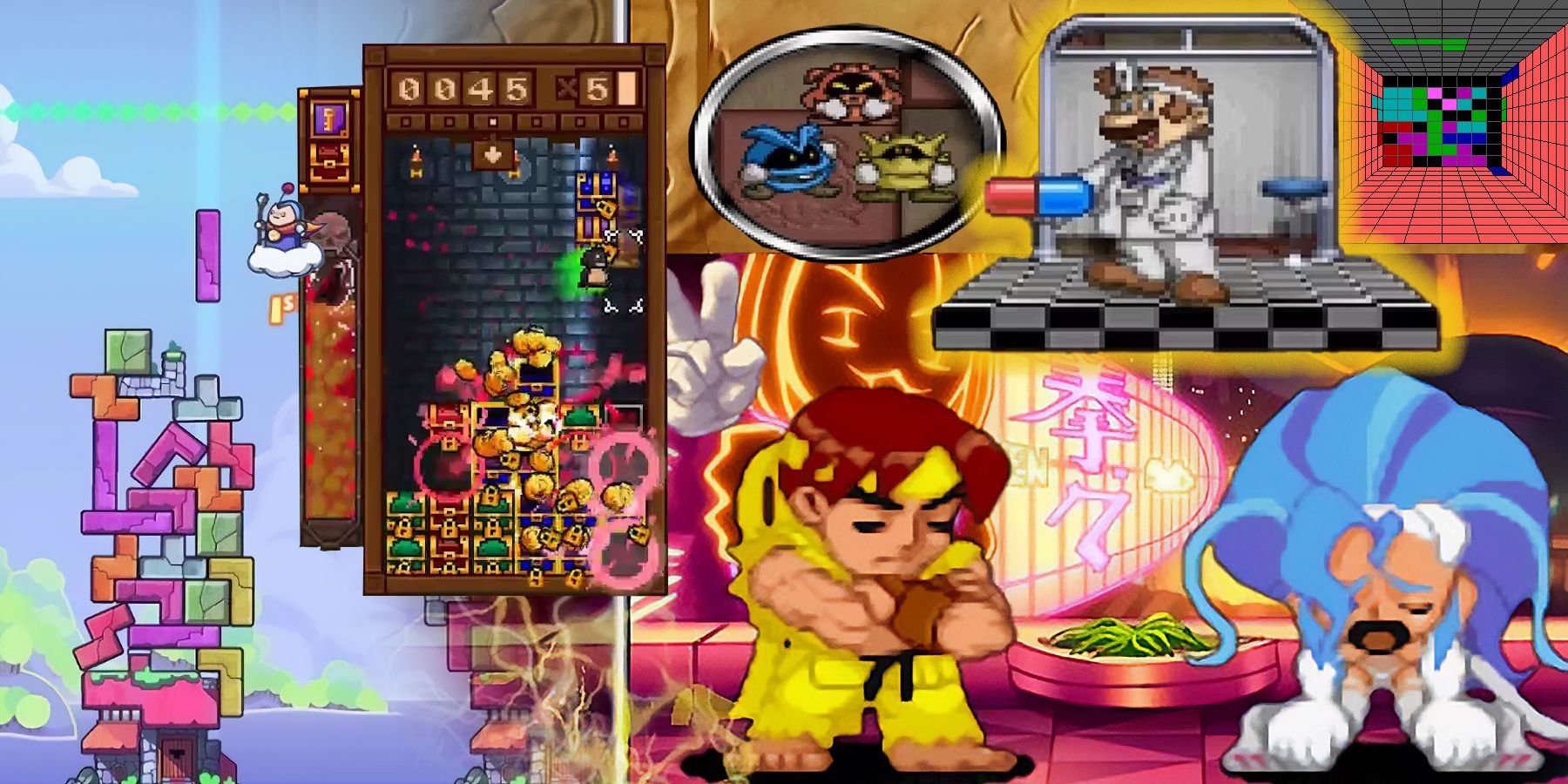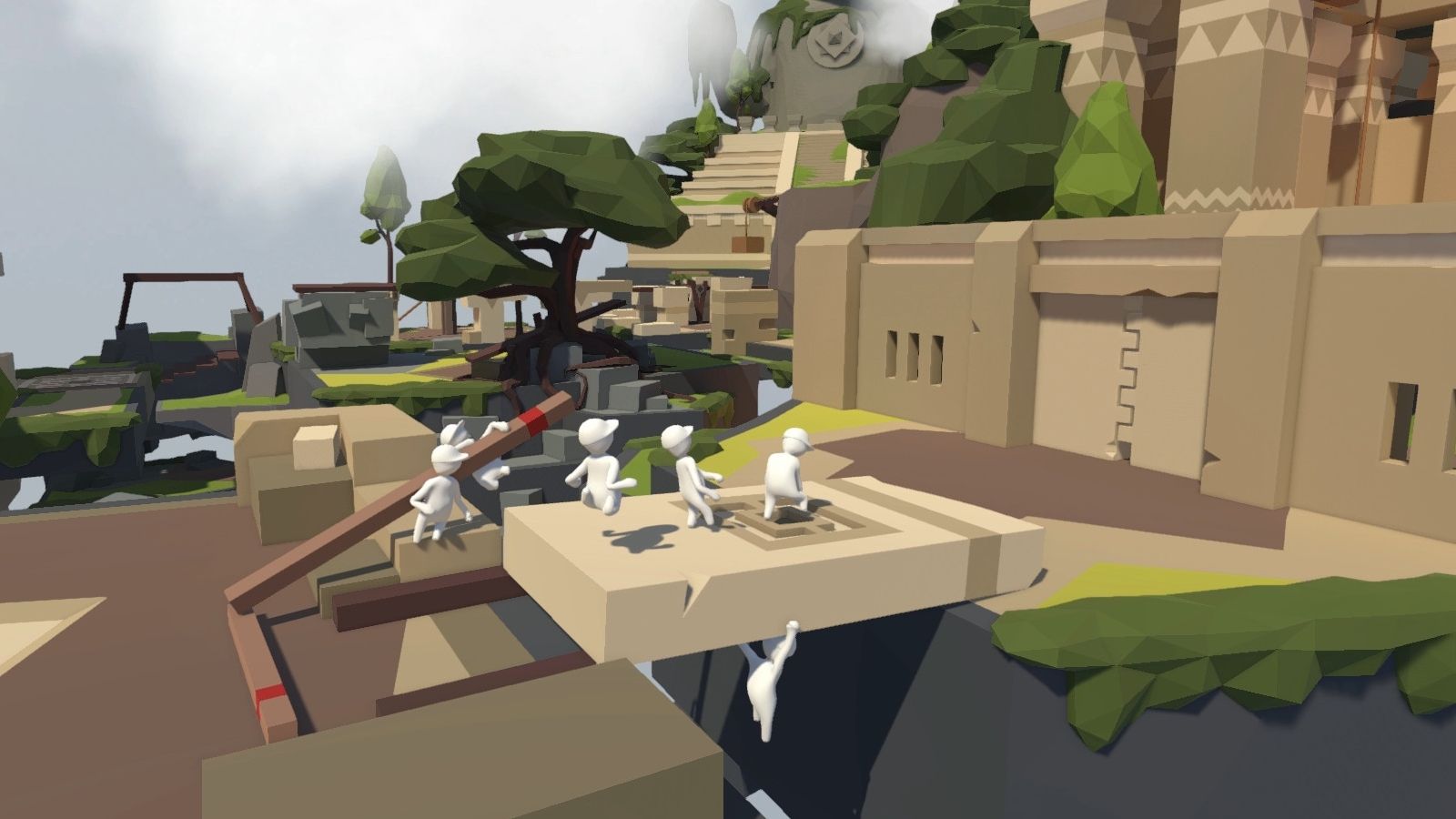Why Multiplayer Puzzle Games for Free Are Perfect for Team-Building Activities
Why Multiplayer Puzzle Games for Free Are Perfect for Team-Building Activities
Blog Article
Unlock Your Mind's Potential With Testing Challenge Games
Challenging challenge games offer an intriguing opportunity for enhancing cognitive function and mental acuity. These brain-teasers, ranging from logic-based quandaries to elaborate jigsaw problems, not only provide enjoyment however likewise stimulate crucial reasoning and sharpen problem-solving abilities. The real effect of these video games on cognitive development may prolong much past mere enjoyment.
Advantages of Puzzle Games
Taking part in challenge video games offers a wide variety of cognitive advantages that expand past plain entertainment. These video games promote numerous cognitive procedures, enhancing mental acuity and analytical skills. Regular participation in puzzle-solving tasks can improve memory by encouraging the brain to form connections and retain info. This is achieved via pattern recognition and the mental adjustment of concepts and forms, which are essential components of several problems.
In addition, problem video games improve concentration and focus to information. As players submerse themselves in addressing complicated problems, they create the capacity to concentrate for prolonged durations, an ability that is transferable to real-world scenarios. In addition, puzzles commonly require a calculated method, fostering crucial reasoning and the capability to analyze scenarios from multiple viewpoints.

Kinds Of Testing Puzzles
Problem games been available in a varied variety of kinds, each offering one-of-a-kind difficulties that deal with various cognitive skills. These problems range from the conventional to the contemporary, appealing players in various means. Among one of the most popular types is the logic problem, such as Sudoku, which needs deductive thinking and pattern recognition. These puzzles challenge the gamer to complete missing elements based on offered constraints, fostering important thinking.
One more category is the jigsaw challenge, which use spatial understanding and aesthetic perception. By assembling little sectors to form a total picture, players improve their capacity to picture and revolve objects emotionally. Crossword puzzles, on the other hand, are language-based, challenging people to recall vocabulary and synonyms, consequently working out verbal skills and memory.
In addition, there are mechanical problems, like a fantastic read the Rubik's Cube, which demand calculated preparation and hand-eye coordination. These problems call for read this post here a sequence of transfer to reach the desired end result, motivating players to believe a number of actions in advance. Additionally, electronic challenges, such as getaway area games, combine various elements of logic, spatial thinking, and synergy in a virtual environment, offering a detailed difficulty that promotes multiple cognitive faculties at the same time.
Improving Cognitive Skills
The benefits of puzzle video games expand beyond home entertainment, offering as important tools for boosting cognitive abilities. Engaging on a regular basis in these emotionally revitalizing activities can considerably sharpen numerous mental faculties, such as analytic, memory, and interest to detail. Problem games require gamers to believe critically and strategically, fostering a setting where abstract reasoning is required. This duplicated workout of imagination boosts neural links, promoting cognitive flexibility and adaptability.
In addition, problem video games play a critical function in boosting memory retention. Additionally, challenges usually demand sustained attention and focus, which can enhance concentration skills over time.
In addition, the analytical aspect of puzzles encourages creativity, as players discover to approach challenges from various angles. This ability is especially vital in vibrant workplace, where cutting-edge remedies are usually called for. In general, problem video games are crucial in cultivating a sharper, extra dexterous mind.
Picking the Right Video Game
Picking the right challenge game is essential for making best use of cognitive benefits. Various challenge video games target different cognitive abilities, such as analytic, memory, spatial thinking, or rational thinking.

Additionally, considering your individual interests can sustain inspiration and engagement, which are important for long-lasting cognitive development. A video game that lines up with your Recommended Site leisure activities or enthusiasms will likely hold your rate of interest much longer, making certain consistent cognitive workout. Ultimately, picking a video game that straightens with both personal rate of interests and cognitive objectives will produce the most advantageous end results, cultivating a effective and interesting mental workout.
Tips for Taking Full Advantage Of Benefits
Uniformity is key; normal interaction with puzzle video games can lead to continual cognitive advantages. Diversifying the kinds of challenges you play-- such as crosswords, Sudoku, or reasoning puzzles-- promotes various cognitive skills and avoids mental stagnation.
Furthermore, slowly increase the difficulty level of the challenges. Beginning with easier problems and progressively taking on more difficult ones can enhance analytical skills and cognitive resilience. It is likewise helpful to engage in reflective method; after finishing a puzzle, take a minute to evaluate the approaches you utilized and consider different strategies. This representation can strengthen your understanding and enhance future efficiency.

Conclusion
Incorporating tough puzzle games into daily regimens uses substantial cognitive benefits, improving psychological acuity and analytical capabilities. By engaging on a regular basis with a range of problems, such as logic crosswords, jigsaws, and games, individuals can boost memory retention and essential reasoning skills.
Testing challenge games present an intriguing possibility for boosting cognitive function and psychological skill.Problem video games come in a diverse variety of kinds, each offering one-of-a-kind challenges that provide to different cognitive abilities.The advantages of puzzle games prolong past home entertainment, offering as important devices for boosting cognitive skills. Different puzzle video games target various cognitive skills, such as analytic, memory, spatial reasoning, or sensible thinking. Branching out the kinds of challenges you play-- such as crosswords, Sudoku, or reasoning puzzles-- boosts different cognitive abilities and prevents mental stagnation.
Report this page